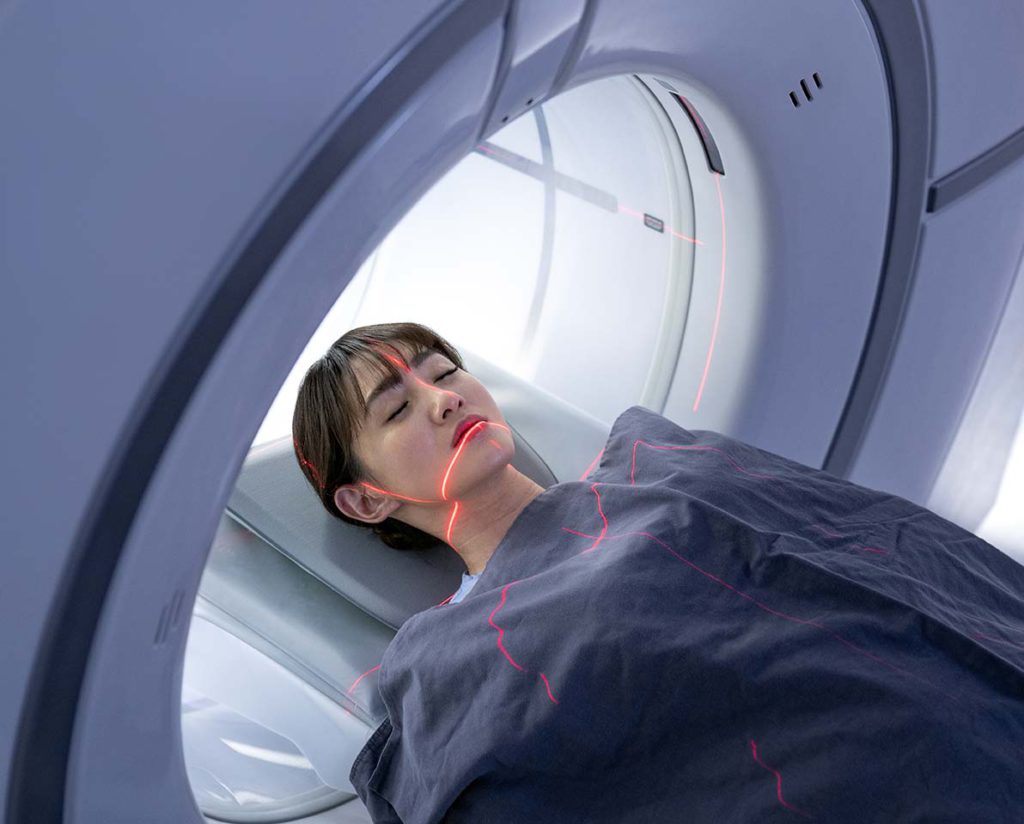Tips
Legal Guide: What to Do If a Stroke Was Not Diagnosed Properly

When a stroke is not diagnosed correctly, the results can be serious. A stroke needs fast treatment to prevent brain damage, long-term disability, or even death.
If a doctor or hospital fails to notice the signs, you or your loved one may suffer greatly. This article explains what steps you can take if a stroke was not properly diagnosed.
Understand the Impact of Misdiagnosis
A stroke happens when the blood flow to part of the brain is blocked or when a blood vessel in the brain bursts. If doctors do not catch the warning signs early, the damage can become much worse. Common symptoms of a stroke include sudden weakness, confusion, trouble speaking, dizziness, and vision problems.
If these symptoms are not recognized right away, the patient may not get the right care. This delay can lead to more brain damage. That’s why a misdiagnosis of a stroke is very serious. It can cause permanent injuries, longer hospital stays, and higher medical costs.
Seek Medical Records and Expert Review
If you think a stroke was misdiagnosed, get copies of all medical records as soon as possible. These records will help show what happened during your visit to the doctor or hospital. Look for information about when you reported symptoms, what tests were done, and what the diagnosis was.
After getting the records, speak with a medical expert. This could be another doctor who can review the case. They may be able to tell you if the stroke should have been diagnosed earlier. A second opinion can be helpful in proving that a mistake was made.
Talk to a Medical Malpractice Lawyer
Misdiagnosing a stroke could be a case of medical malpractice. That means the doctor did not provide the level of care that was expected. If this happens, you may be able to get compensation for the harm caused.
A lawyer who handles medical malpractice cases can help you understand your legal rights. For example, a Florida stroke misdiagnosis lawyer would know the laws in your state and how to build a strong case. They will gather the facts, talk to expert witnesses, and guide you through the legal process.
File a Legal Claim if Needed
If the lawyer thinks you have a strong case, they may help you file a claim. This could lead to a settlement or court case. The goal is to get financial help for medical bills, lost income, pain, and other damages.
Filing a claim also helps hold doctors and hospitals responsible. It may even lead to better training or rules to stop the same mistake from happening again to someone else. Most of these claims are settled before going to court, but your lawyer will prepare for any outcome.
Take Care of Your Health and Recovery
While the legal case is important, your health comes first. Make sure you get all the care you need to recover from the stroke. Follow your treatment plan, attend therapy sessions, and keep all doctor visits.
Support from family and friends can make a big difference in recovery. You may also want to join a stroke support group to talk with others going through the same thing.
A Legal Guide: If Stroke Was Not Diagnosed Properly
A stroke that is not diagnosed properly can change your life. But you don’t have to face this challenge alone. Learn what went wrong, get expert help, and talk to a lawyer if you suspect medical negligence.
By taking these steps, you can seek justice and start to rebuild your life.




